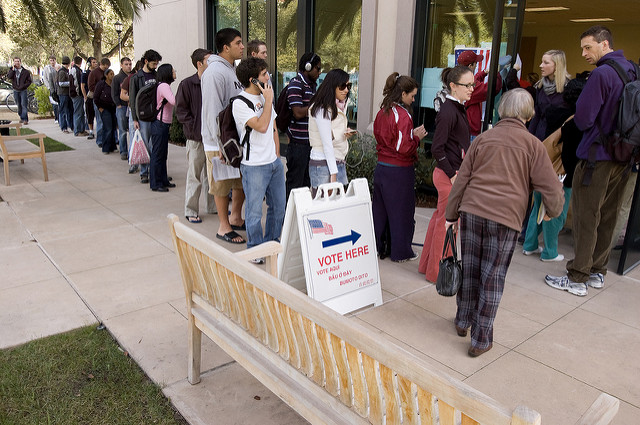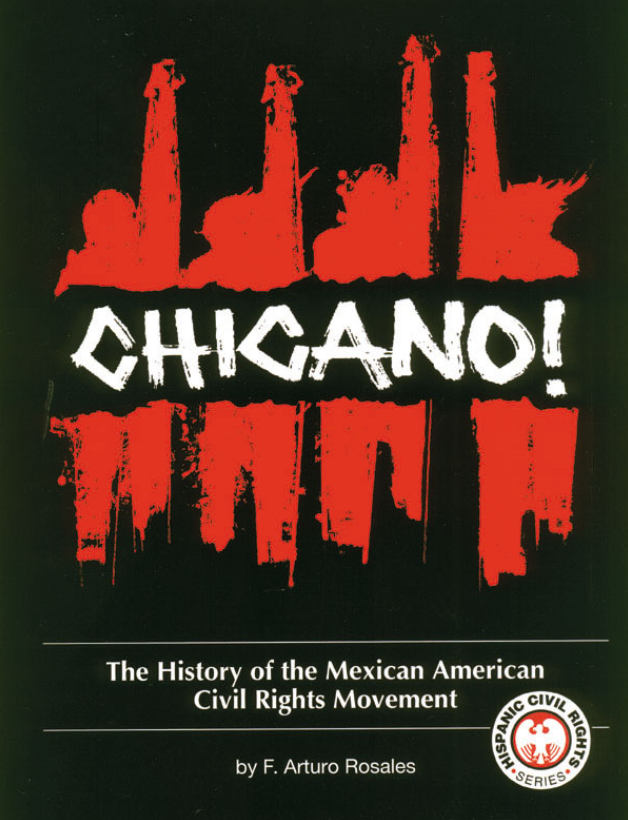Super Tuesday showcases electorate’s growing racial, ethnic diversity

*Latinos are huge (yuuuge!) in Texas and Colorado. This is gong to be a good test of Latino turnout, even though Latinos don’t necessarily vote in primaries (… don’t know why). VL
 By Jens Manuel Krogstad, Pew Factank
By Jens Manuel Krogstad, Pew Factank
The U.S. electorate this year will be the country’s most diverse ever, and that is evident in several Super Tuesday states holding primaries or caucuses on March 1 in which blacks could have a significant impact.
In five of 12 Super Tuesday states, blacks account for at least 15% of the electorate, according to a Pew Research Center analysis of 2014 census data. Black eligible voters have the largest footprint in Georgia (31%) and Alabama (26%), while Virginia, Tennessee and Arkansas also have sizable black electorates.
In a reversal of historical migration trends, Southern states have seen their black populations increase more than twice as fast as non-Southern states since 1990. From 1910 to 1970, 6 million blacks left the South, with many pursuing industrial jobs in Northern cities in what is called the Great Migration. But since then, blacks haveincreasingly chosen to live in the South.
Click HERE to read hte full story.
[Photo by Josh Thompson/Flickr]
Suggested reading


